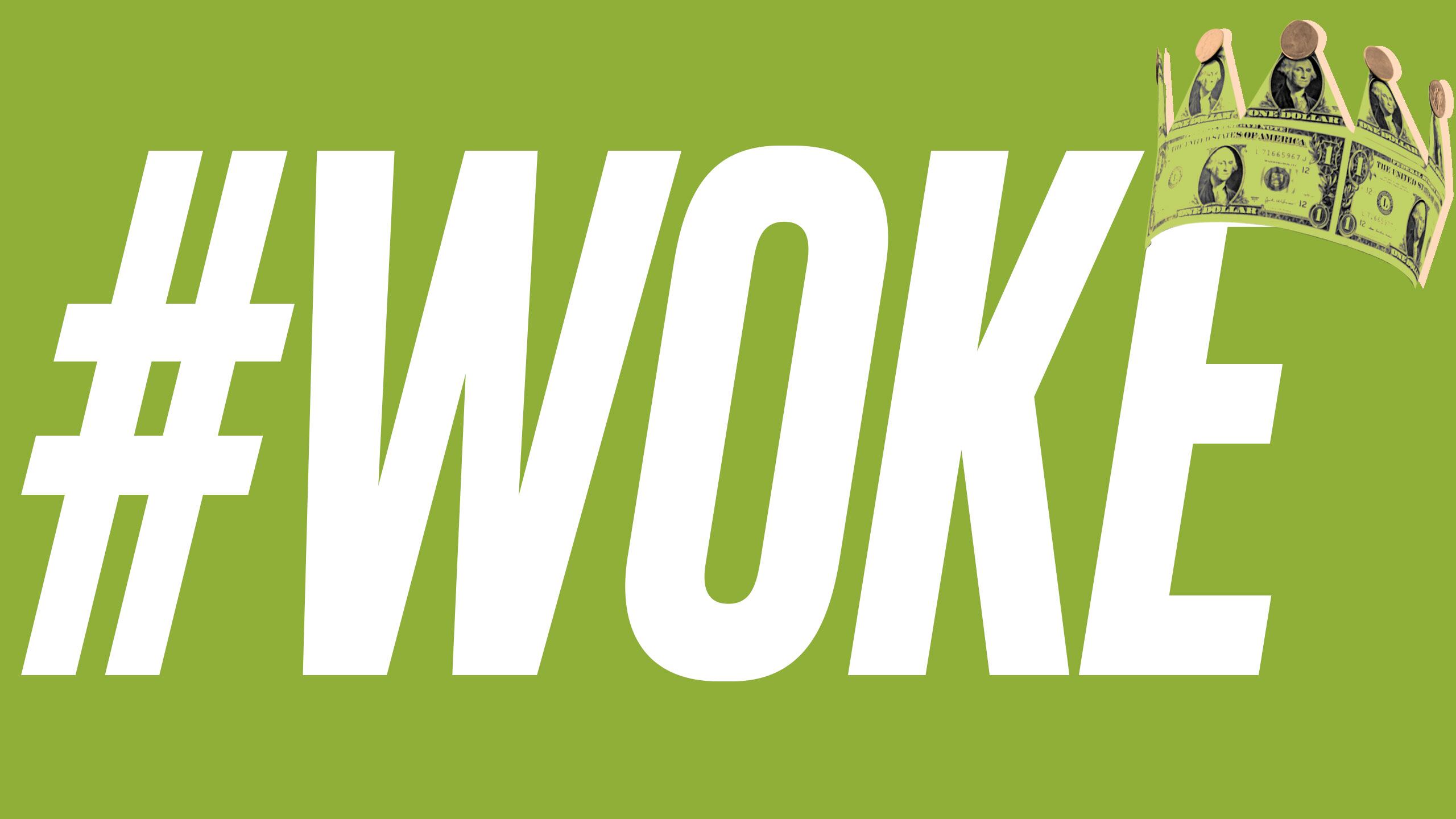Politics
Photo Illustration by Elizabeth Brockway/The Daily Beast
Watch Out! Here Come the ‘Woke’ Tech Oligarchs.
BRAVE NEW WORLD
Many of the new titans like all the right progressive things—so long as those things don’t interfere with the bottom line.
opinion

Trending Now





